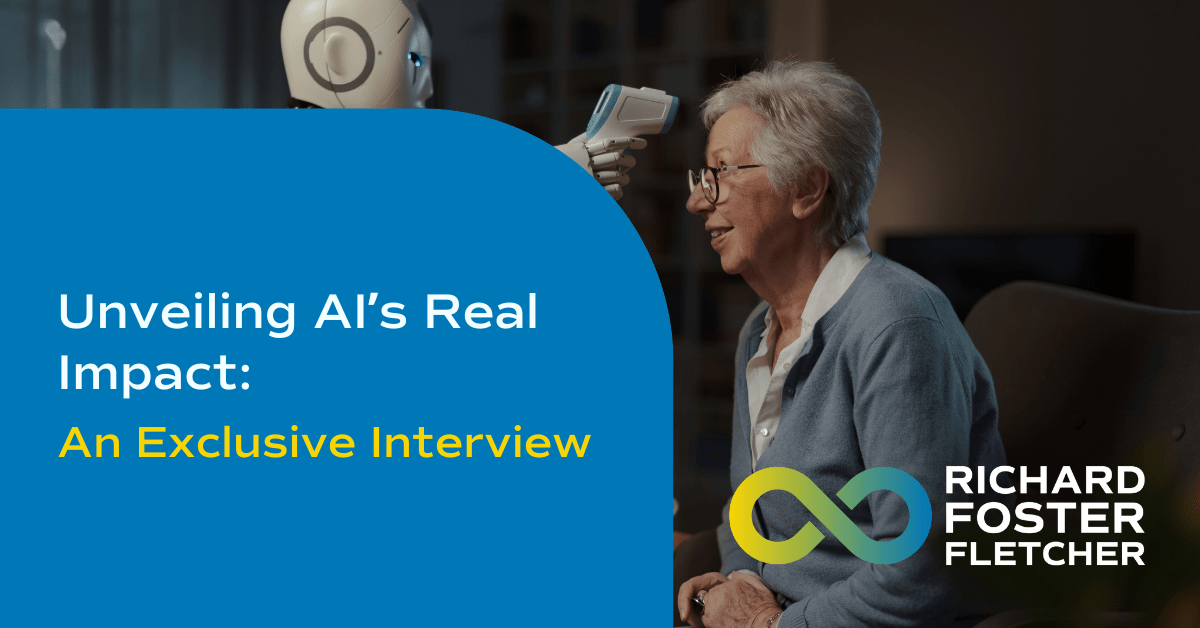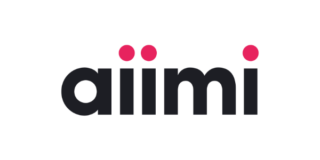
Unveiling AI’s Real Impact: An Exclusive Interview

Recently, I had the privilege of being featured in the “AI For Real” newsletter, where I discussed several critical topics concerning AI, its impact on employment, and the future of education. Here, I share insights from that interview and delve deeper into these pressing issues.
Minds of the Machine: AI Experts on the Cutting Edge
This segment in the “AI For Real” newsletter features interviews with experts from diverse fields, shedding light on the multifaceted world of AI. Below are excerpts from my interview, where I explore the nuances of AI’s integration into various sectors and its broader implications.
AI and Global Employment: A Complex Reality
Q1) It’s been almost two years now since ChatGPT hit the market. Down the line, in your opinion, has gen-AI affected global employment the way it was anticipated to? If yes, why? If not, why? If it’s the latter, do you see it affecting jobs on a big scale in the long run, say about 10 years from now?
Richard: While it’s true that nearly two years have passed since the release of ChatGPT 3.5, this timeframe is quite brief in the context of business and enterprise adoption. Enterprises typically take a considerable amount of time to integrate new technologies due to the complexities of change management, procurement processes, and de-risking.
Early adopters like Klarna have made significant announcements, such as job reductions due to AI integration. CEOs are increasingly inquiring about AI’s potential for job displacement. However, it’s essential to consider the SAMR model: Substitute, Augment, Modify, and Replace, to understand AI’s true impact on jobs.
For small and medium-sized enterprises (SMEs), the impact has been more immediate. Platforms like Fiverr and Upwork have seen freelancers facing reduced workloads in fields such as translation, copywriting, research, and design. Despite these disruptions, companies like Duolingo demonstrate that strategic integration of AI can lead to innovative growth rather than just cost-cutting measures.
The Hype vs. Reality of Gen-AI
Q2) Do you think gen-AI is overhyped? And is it a bubble, as some are now proclaiming?
Richard: The hype around generative AI is connected to its practical applications and the proficiency of its users. Unlike trends like the metaverse, generative AI tools provide immediate, tangible benefits. However, the effectiveness of AI depends heavily on user skill and the ability to adapt processes to integrate these tools.
For instance, an article mentioned Target’s implementation of a large language model for in-store employees, which reportedly wasn’t utilized effectively. This highlights a common misconception: the belief that AI can be implemented without addressing underlying data issues. Proper AI integration requires robust data management and a clear understanding of AI’s capabilities.
From a sustainability perspective, providing free AI services that consume vast amounts of energy is challenging. While there are concerns about the long-term economic and environmental sustainability of AI, the real issue is whether people can effectively harness tools like ChatGPT. Those who adapt will thrive, while those who do not may find themselves left behind.
The Future of Education in the AI Era
Q3) How do you see the world of education pivoting because of AI? Will formal classrooms disappear after some years and turn into a one-on-one kind of learning experience, i.e. AI and 1 student?
Richard: Educational leaders often react with a bemused smile to predictions about the death of traditional classrooms. Despite numerous technological advancements, traditional classrooms remain essential. Some believe classrooms might become less visibly technological, with technology running in the background to enhance the learning environment.
In the UK, the influence of dedicated teachers is a significant factor in students continuing their studies. AI-generated personalized education is not imminent. However, there are concerns about the data teachers are inputting into AI models like ChatGPT, potentially training these models on teaching methods.
While AI transforming education seems distant, we must remain vigilant. Disruptive forces can radically alter various sectors, including education. Currently, AI can alleviate the workload of overburdened educators by creating lesson plans, curriculums, quizzes, and presentations. Custom GPTs can be developed for homework assignments, allowing students to interact with AI for iterative feedback.
AI also benefits students whose first language is not English, aiding communication with teachers and administrators. However, access to AI tools does not automatically translate to proficiency. Socioeconomic factors play a crucial role in effectively utilizing these tools.
Moving Forward
While traditional classrooms will remain, they will be enriched by AI technologies supporting teachers. To stay competitive, the UK must upskill its population to harness these tools effectively. Without this, we risk falling behind in the global educational landscape.
For more in-depth insights and to read the full interview, visit the “AI For Real” newsletter here.


Written by
Richard Foster-Fletcher
Richard stands at the forefront of ethical artificial intelligence as an AI Advisor, Author, Speaker, and LinkedIn Top Voice. He is the visionary behind MKAI.org (Morality and Knowledge in Artificial Intelligence), an initiative dedicated to fostering AI’s responsible development and application. Through his stewardship of the Boundless Podcast, Richard delves into discussions about AI inclusivity and digital ethics, contributing to a more equitable technological future. His profound insights have illuminated lecture halls at globally renowned institutions, including the London School of Economics (LSE), University College London (UCL), Oxford University, and Imperial College London, guiding the next generation of tech leaders.
Other Related Articles
Ethan Mollick, Associate Professor at The Wharton School and author of Co-Intelligence, recently posed a ...
Recent research by Apollo AI Safety, an independent organisation investigating risks in advanced AI systems, ...
Investment in traditional edtech companies has fallen sharply, from $17.3 billion in 2021 to $3 ...















